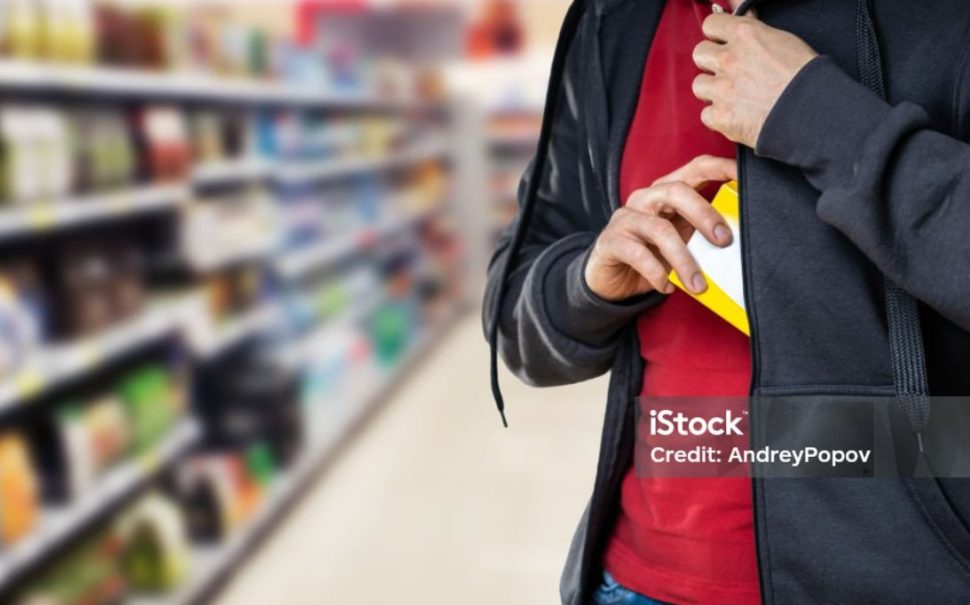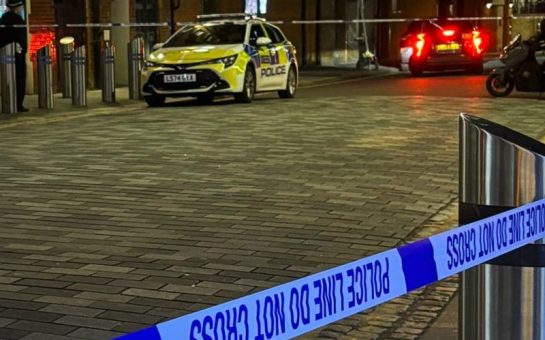Shoplifting in south west London has hit an all-time high, with Croydon the worst affected borough, new Met Police data has revealed.
Retail theft is at unprecedented levels, with all but one borough experiencing a rise in recorded shoplifting rates since 2021.
The retail theft epidemic is closely linked to the economic challenges the UK has been suffering in the last couple of years causing rent and supermarket prices to soar alongside inflation.
However, compared with 2019, the last full year before the Covid-19 pandemic, the picture is a bit more mixed.
Croydon is clearly the worst affected borough, seeing a 64% rise to more than 2,500 cases, but Lambeth, Wandsworth and Merton have all seen surges to post-2010 highs.
Kensington & Chelsea also saw a significant rise in 2023, but its figures are still below pre-pandemic levels.
To understand this trend of increased shoplifting, we conducted a survey among south west London residents, asking participants why they shoplift, what items they take, and what could deter them from repeating the offence.
One anonymous participant said: “This is a really tough time for young professionals living in London.
“I currently live pay cheque to pay cheque and my rent eats up a lot of my income, and other expenses such as transport and bills are unavoidable, so the only alternative to cutting back is sometimes through not scanning a few items at the self-service checkouts.
“I’d never do it at an independent shop, but I feel the large supermarkets can handle the loss better than I can handle the rising costs.
“I justify it by thinking it’s a way to balance things out when everything else about our economy at the moment feels unfair.”
A significant number of survey participants admitted to shoplifting, with various reasons displayed in the below graph.
More than half of participants admitted to taking items without paying.
The most commonly stolen items were fruit and vegetables (35%), followed by more expensive items such as Lurpak, olive oil, and parmesan.
When asked what measures could deter them from shoplifting again, 42% said closer monitoring of self-checkouts by workers, while 17% suggested that fines or serious consequences would prevent repeat offences.
Only one in five reported feeling guilty afterward.
The survey also highlighted the ease of stealing at self-checkouts with 13.6% of survey participants admitting they managed to steal due to the ease of getting away with not scanning certain items.
While designed for convenience and efficiency, these systems have made it easier for individuals to steal items without immediate detection.
The University of Leicester’s study indicated that self-service checkouts could account for up to half of a shop’s losses.
The cost of living and energy crisis have forced some households to forgo essential utilities within their home, but according to the survey participant, it’s the rise in rent cost that has led them to shoplifting.
The below graph shows there has been a steep incline in the average rental price inflation putting further financial pressure on households.
Every single borough is currently experiencing the highest average rental price inflation that it has ever seen with Kensington & Chelsea at the top with a 12.2% rise since 2022, Hammersmith & Fulham are second with an 8.4% increase, and Lambeth is following closely behind with a 7% increase.
Whilst this data clearly shows significant jumps in inflation not merely just from looking at how the lines dramatically fluctuate, data from the Office for National Statistics (ONS) shows rather less dramatic increases in the median annual earnings for full-time and part-time collectively of these boroughs.
The data suggests that from 2022 to 2023, the three boroughs most affected by rent inflation also saw no increase in median annual earnings.
It’s clear that shoplifting has become a symptom of these hard times, but if the current increase in shoplifting continues, it could lead to habitual offending.
Even if prices drop in the future, shoplifting rates may remain high unless more policing and initiatives are implemented to address the issue.
Gareth Roberts, leader of Richmond Council, emphasised the need for increased neighbourhood policing and better support for Police Community Support Officers (PCSOs) in order to tackle this issue.
The UK government’s Retail Crime Action Plan aims to strengthen security measures, increase police presence, and enhance support for affected businesses.
Initiatives like Pegasus, launched in October 2023, promote data-sharing and collaboration among major retailers to identify crime patterns and hotspots.
Currently, theft of items valued at less than £200 is often not pursued by law enforcement, as it is seen as causing minimal damage to the shop.
However, collating evidence of repeat offences can demonstrate that the total value of stolen items exceeds £200, providing a stronger case for police action.





